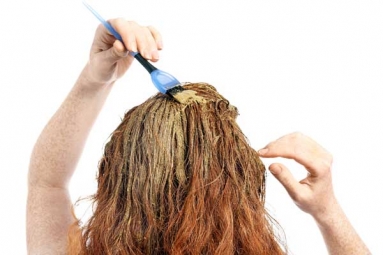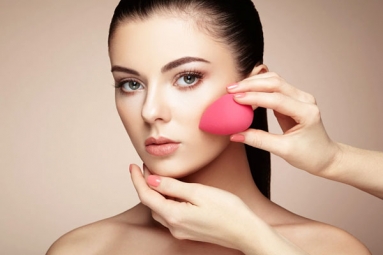
(Image source from: Canva.com)
The unexpected passing of model and actress Shefali Jariwala at the age of 42 from a cardiac arrest has ignited significant worries regarding the safety of anti-aging procedures. Renowned for her youthful looks, Jariwala had been reportedly using these treatments for several years. Her demise has led to intensified examination of intravenous therapies such as glutathione and NAD therapy, which have become increasingly popular as non-invasive substitutes for Botox. Glutathione, a potent antioxidant that the body produces naturally, is now being utilized for purposes including skin lightening and anti-aging treatments. In an interview with News18, Dr. Shankar Sawant, a Consultant Dermatologist at SL Raheja Hospital in Mumbai, noted that glutathione works by neutralizing free radicals, detoxifying the liver, and bolstering the immune system.
Although it offers benefits, glutathione is often administered in doses significantly higher than what's considered safe in order to achieve an immediate glow and lighter skin, posing various health risks. Doses of glutathione that exceed the recommended safe range of 20-40 mg per kg of body weight per day can lead to serious issues such as arrhythmia, decreased blood pressure, and other cardiovascular complications. It may also provoke allergic reactions. Importantly, glutathione has not received medical endorsement for skin whitening; its approval exists solely as an antioxidant. Dr. Vichitra Sharma, Senior Consultant at Amrita Hospital’s Dermatology Department in Faridabad, pointed out other popular options in the realm of anti-aging treatments, including retinoids, chemical peels, Botox, dermal fillers, platelet-rich plasma (PRP), and glutathione. Each of these therapies addresses various skin layers and should be customized based on individual patient requirements by a qualified doctor.
Worries regarding the safety of these interventions also relate to cardiovascular health. Dr. Ashish Kumar, Senior Consultant in the Cardiology Department at Amrita Hospital, cautions that undergoing anti-aging treatments without appropriate medical guidance can result in issues like electrolyte disturbances, hypotension, and heart attacks. The risk does not stem from the treatments themselves but rather from improper use—such as consuming excessive doses, mixing them with other drugs, or receiving treatment without adequate cardiac evaluations. Dr. Deepali Bhardwaj, a well-known dermatologist in South Delhi, explained that although glutathione has been popular for some time, there is a new and rapidly emerging trend: Nicotinamide Adenine Dinucleotide (NAD) therapy. Although NAD infusions have been around for over 35 years, they have recently surged in popularity as one of the most desired anti-aging treatments. Recognized for enhancing energy levels, improving metabolic processes, and supporting cell repair, NAD therapy is now frequently utilized by numerous celebrities.
For the last ten years, glutathione has been the leading player in the anti-aging market; however, there has been a notable increase in interest for NAD and similar therapies within the past three to four years. Dr. Bhardwaj emphasized that these treatments are typically safe when properly administered under the guidance of qualified professionals. The primary danger arises from fake products, untrained individuals, or unsuitable medical environments. For example, receiving a glutathione or NAD infusion without having eaten first and then engaging in physical activity could result in a sharp decline in blood pressure, which might provoke cardiac arrest. Health professionals indicate that, despite the rising trend of glutathione and NAD therapies for cosmetic improvements, they do not provide a risk-free solution for achieving youthful skin. These therapies should only be carried out under strict medical supervision. Before commencing any treatment, it is crucial to conduct a comprehensive assessment of the individual's medical history and current health condition.
Experts caution that the absence of stringent regulations has led to a market saturated with counterfeit items and inadequately trained practitioners. Inaccurate dosages or poorly timed treatments could turn these so-called "glow" therapies into potentially fatal hazards. Therefore, exercising extreme caution and ensuring professional oversight is vital.






